EVs to mark the end of cheap cars as market shifts towards ‘new normal’
Cheap cars could soon be a thing of the past as more EVs muscle into the market, according to the COO of Kia Australia Damien Meredith.
The industry veteran believes a structural shift is happening across the industry that means the traditional method of selling cars and cheaper vehicles will be rarer in future.
Much of it is due to the Covid-19 pandemic, which has led to significant supply chain shortages and shipping challenges that have led to long waiting lists.
With people queuing to own new models the traditional model of discount deals – including end of year clearances – has largely dried up.
EV RUNNING COSTS: Complete guide to the price of buying and running an electric car
“You won’t see historically what happens where manufacturers have thousands of cars on grass that are being cherrypicked by the dealers to go to market,” says Meredith of the long-accepted way of doing things in the car industry.
Typically it involves stretch sales targets with excess stock being shifted by sharp deals.
But he says the new way that has been forced upon the industry involves a lower volume of cars arriving in the country, which “then go straight to the customer”.
“I think that’s the new normal,” says Meredith.
Asked whether that meant the end of the deal, Meredith pointed to the broad range of brands and models and the competition that inevitably leads to.
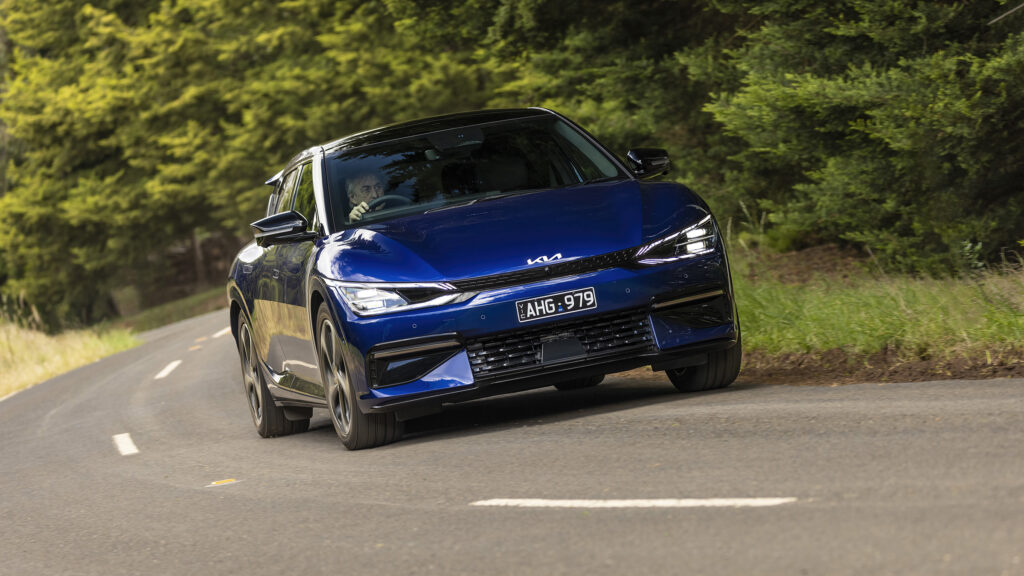
“You would hope that brand and competition would look after that,” he says.
And, of course, there’s the lower running costs of EVs. While electric cars typically have a healthy price premium – predominantly to account for the cost of the battery – they have much lower servicing costs and the cost of electricity is usually around half that of petrol.
But he believes the “hard retail edge” will not be nearly as prolific as it has been.
Already some of the value-focused brands such as Kia, Hyundai and Mitsubishi have increased prices on many models over the past couple of years.
All of which opens the door for newcomers.
Chinese car maker MG, for example, is now a top 10 selling brand off the back of sharply-priced models that undercut rivals.
And Meredith believes there is more to come, with the increase in transaction prices opening the door to more contenders in the Australian market – and potentially allowing them more room to move.

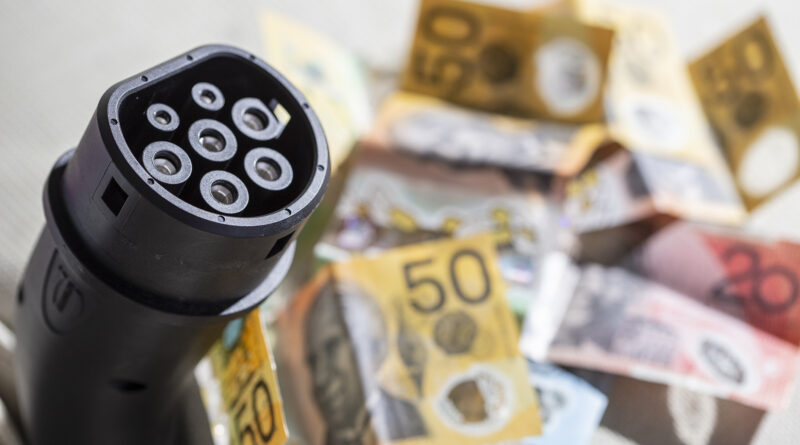
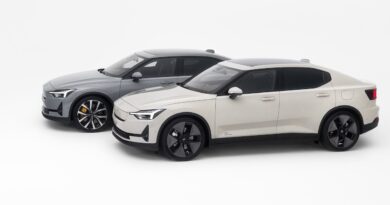
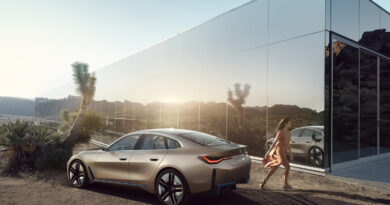
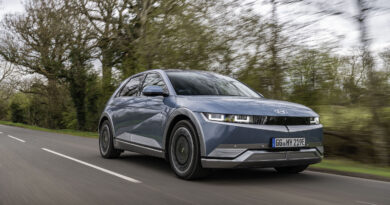
While i know nothing about car manufacturing, as battery costs come down (which will probably take until 2030…) you can see the car manufacturing process significantly simplify ie each car manufacturer has the same battery/motor pack (for all of their cars) and they only then place the desired body on top